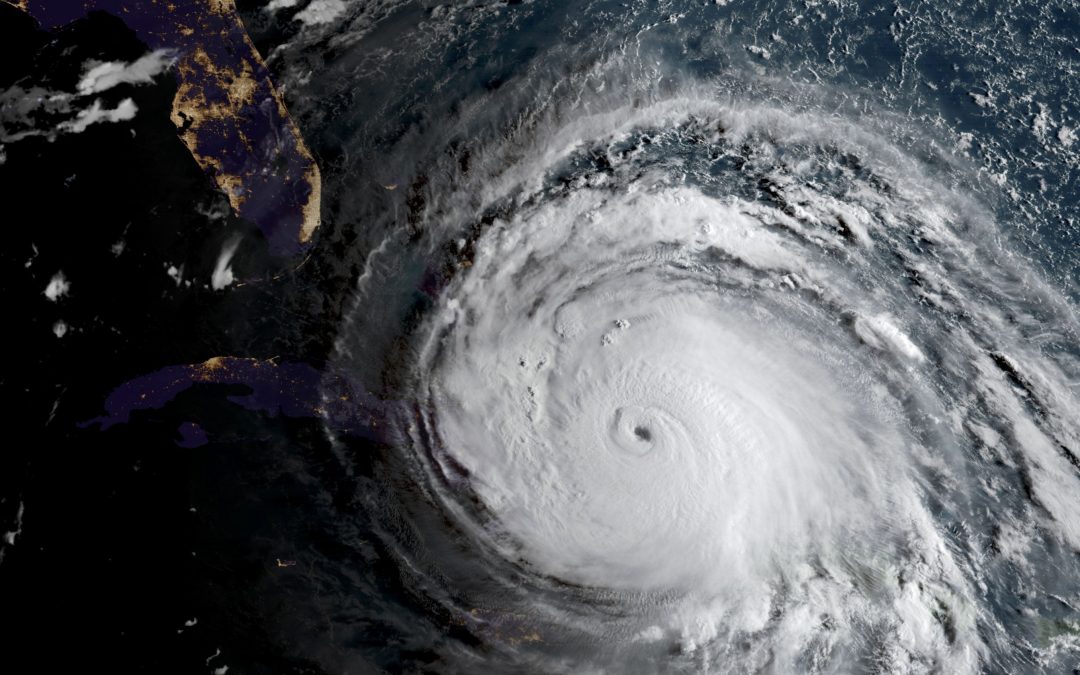As South Florida residents, all of us here at EPIC Adventures recently experienced the devastating impact of Hurricane Irma and we were very fortunate that all of our team members and their families are safe and our physical location was not damaged. Many of our neighbors, however, were not so fortunate and we are all experiencing the anxiety and depression accompanying the aftermath of a natural disaster. It is common for people to experience very strong emotional reactions with the arrival of a hurricane and its accompanying damage to homes and community infrastructures. If you are experiencing distress in the wake of Hurricanes Irma and Harvey, you are not alone. Understanding common responses to extreme events can help you to cope effectively with your feelings, thoughts, and behaviors. There are some steps you can take to help restore emotional well-being and a sense of control in the wake of the hurricane, including:
Recognize that this is a challenging time but one that you can work to manage. You’ve tackled hardships at other times in your life. Tap into the skills you used to get through past challenges.
Allow yourself to mourn the losses you have experienced. Recognize that you may experience a variety of emotions and their intensity will likely less over time.
Take a news break and social media break. Watching replays of footage from the hurricane or hearing the plight of others in social media can make your stress even greater. Often, the media tries to interest viewers by presenting worst case scenarios and some of our social media friends can add to the hysteria as well.
Ask for support from people who care about you and who will listen and empathize with your situation. But keep in mind that your typical support system may be weakened if those who are close to you also have experienced or witnessed the hurricane.
Find ways to express yourself when ready. Communicating your experience through talking with family or close friends, keeping a diary, or other forms of self-expression may be a source of comfort. Find out about local support groups led by appropriately trained and experienced professionals. Support groups are often available in communities following large-scale disasters. People can experience relief and comfort connecting with other hurricane survivors who have had similar reactions and emotions. These can be especially helpful for people with limited personal support systems.
Engage in healthy behaviors to enhance your ability to cope with excessive stress. Eat well-balanced meals and get plenty of rest. If you experience difficulties sleeping, you may be able to find some relief through relaxation techniques. Avoid alcohol and drugs since these can increase a sense of depression and/or impede you from doing what is necessary to be resilient and cope with events.
Establish or reestablish routines such as eating meals at regular times and following an exercise program. Take some time off from the demands of daily life by pursuing hobbies or other enjoyable activities.
If possible, avoid major life decisions such as switching jobs or moving to another part of the country (maybe somewhere that hurricanes don’t happen?) because these activities tend to be highly stressful.

